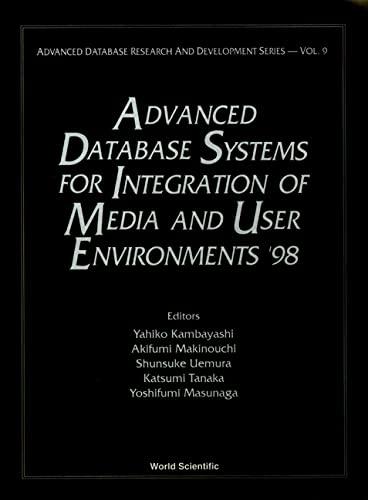Question
5. Answer each of the following questions with only YES or NO to indicate whether or not the following languages are decidable . Do not
5. Answer each of the following questions with only YES or NO to indicate whether or not the following languages are decidable. Do not guess if unsure, as wrong answers will lower your score!
a.{D: D is a deterministic finite automaton and L(D) = }
b.{P: P is a pushdown automaton and L(P) = }
c.{M: M is a Turing machine and L(M) = }
d.{D1, D2: D1 and D2 are deterministic finite automata and L(D1) = L(D2)}
e.{P1, P2: P1 and P2 are pushdown automata and L(P1) = L(P2)}
f.{M1, M2: M1 and M2 are Turing machines and L(M1) = L(M2)}
g.{M: M is a Turing machine that has a state named q27}
h.{M: M is a Turing machine with a transition to q27 in its delta function}
i.{M, w: M is a Turing machine that enters its state q27 when run on input string w}
j.{M: M is a Turing machine that enters its state q27 when run on any (that is, at least one) string}
k. Which of the above problems are Turing acceptable?
Step by Step Solution
There are 3 Steps involved in it
Step: 1

Get Instant Access to Expert-Tailored Solutions
See step-by-step solutions with expert insights and AI powered tools for academic success
Step: 2

Step: 3

Ace Your Homework with AI
Get the answers you need in no time with our AI-driven, step-by-step assistance
Get Started


